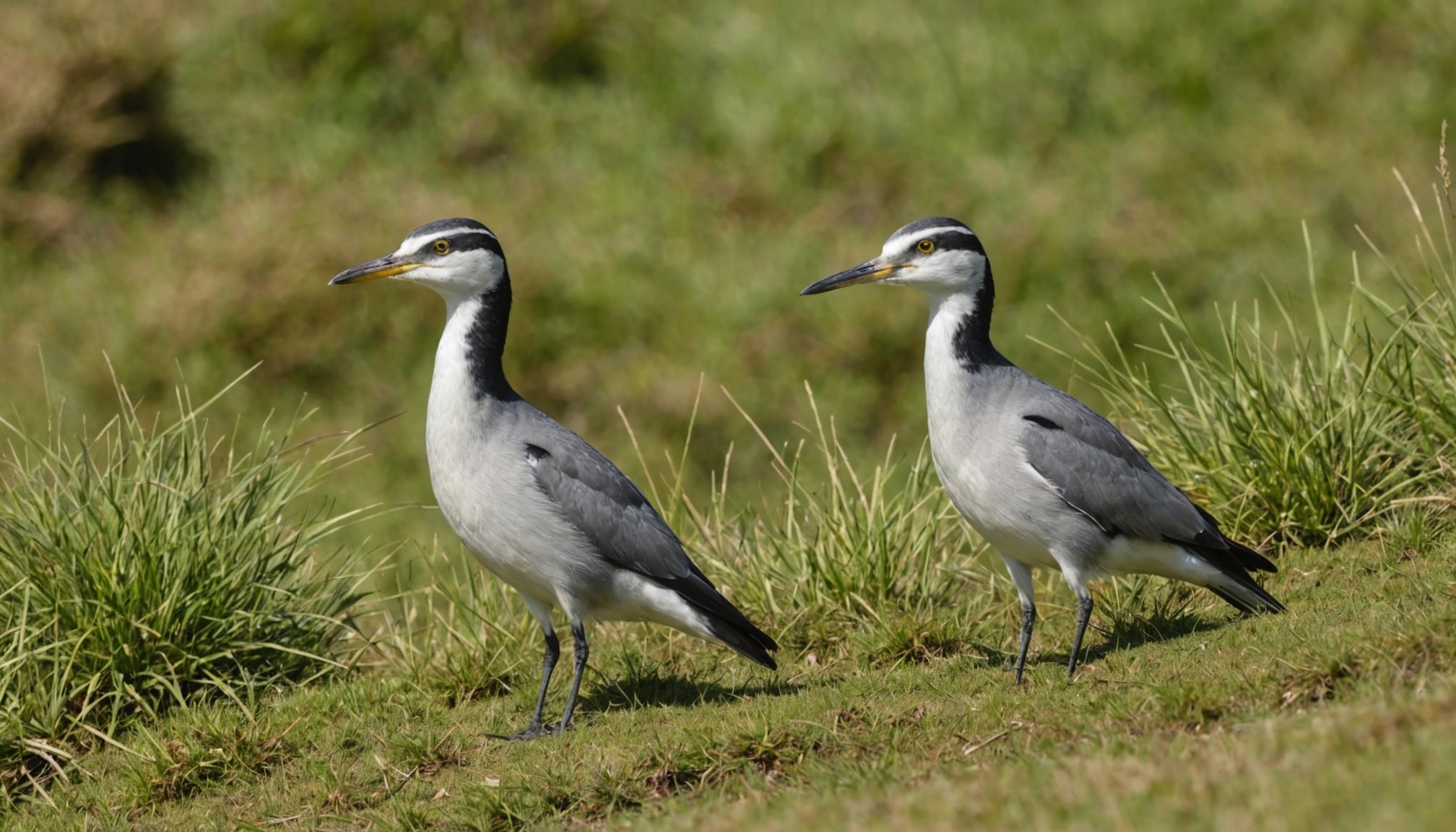Understanding Eco-Tourism
Eco-tourism is defined as responsible travel to natural areas that conserves the environment, sustains the well-being of local people, and involves interpretation and education. This form of tourism is distinguished by its dedication to minimising the environmental impact and maximising cultural respect and interaction.
The principles of eco-tourism focus on three main areas:
A voir aussi : Top Strategies for UK Pet Owners to Protect Local Wildlife While Enjoying Countryside Walks
- Nature Conservation: Protecting natural habitats and maintaining biodiversity.
- Benefitting Local Communities: Ensuring economic benefits for local people through jobs and preservation of their traditions.
- Environmental Education: Raising awareness among travellers and locals about environmental sustainability.
The concept of eco-tourism can trace its roots back to the 1980s, coinciding with a global shift towards sustainable development. In the United Kingdom, eco-tourism emerged as an important niche, aligning with increasing environmental awareness and legislative support for conservation efforts.
Comparatively, traditional tourism tends to prioritise leisure and commercial interests, often overlooking the environmental and cultural impacts. While traditional tourism focuses on mass travel and consumption, eco-tourism seeks meaningful interactions and aims to leave a gentle footprint on visited areas. By choosing eco-tourism, travellers can enjoy the richness of natural beauty without compromising the integrity of the environment or local cultures.
Cela peut vous intéresser : Exploring Collaborative Approaches for UK Universities in Wildlife Conservation Research Initiatives
Successful Eco-Tourism Projects in the UK
Embarking on a journey through the UK’s successful eco-tourism projects reveals the balance between nature and community-led initiatives.
Overview of Notable Projects
One fine example is the Eden Project in Cornwall. Here, giant biomes house diverse plant species, showcasing global biodiversity and innovative environmental education. Another is Brockholes Nature Reserve in Lancashire, an award-winning floating visitor village blending seamlessly with its natural surrounds. Further north, the Speyside Wildlife tours in Scotland offer ethical wildlife viewing experiences. These ventures underscore the potential of UK eco-tourism to captivate while conserving.
Impact Assessment on Local Ecosystems
The primary aim of these initiatives often revolves around minimizing human footprints while enhancing biodiversity. The Eden Project, for instance, has transformed a former clay pit into a thriving botanical haven. Conversely, monitoring at Brockholes highlights increased bird populations, serving as indicators of ecological health. This sustainable tourism approach ensures ecosystems remain robust, harmonising tourism with conservation goals.
Community Involvement and Benefits
Local inhabitants frequently become integral to the success of eco-tourism projects. For example, the Eden Project employs residents and supports local enterprises, turning eco-tourism into an economic bolster. Brockholes places focus on education, involving schools in environmental stewardship programs, empowering the community to protect their habitats. This sense of ownership fosters a widespread commitment to sustainability across the UK.
Benefits of Eco-Tourism for Conservation
Eco-tourism serves as a catalyst in promoting wildlife protection and conserving our natural habitats. The most immediate advantage is the economic boost it provides to conservation efforts. When tourists choose eco-friendly destinations, they contribute directly to funding vital conservation projects. This financial support can lead to better management of protected areas and support for endangered species programs.
Another significant benefit is the enhancement of biodiversity. Tourism revenue often helps finance the creation and maintenance of research centers and conservation facilities, which in turn fosters a richer environment for various forms of life to thrive. By supporting biodiversity, eco-tourism ensures that both flora and fauna can continue to coexist with minimal human intervention.
Eco-tourism also plays a vital educational role. It raises awareness among travellers about the importance of conservation and wildlife protection. Visitors often leave with a deepened understanding of environmental issues and a newfound appreciation for nature. This educational element transforms eco-tourists into advocates who promote sustainable practices and policies.
In essence, eco-tourism is transformative, providing economic, ecological, and educational benefits. By prioritizing eco-tourism, we contribute significantly not only to our environment but also to the communities dependent on these natural resources.
Challenges Facing Eco-Tourism
Eco-tourism faces several profound challenges that impact its sustainability and effectiveness, particularly regarding over-tourism. Fragile ecosystems have become increasingly threatened by large numbers of visitors, resulting in significant environmental damage. This influx of tourists often leads to habitat destruction and distress to local wildlife, disrupting intricate ecological balances.
Conflicts between tourism and wildlife conservation also emerge as pressing issues. Tourists are often drawn to locations rich in biodiversity, yet their presence can interfere with conservation efforts, posing risks to the survival of endangered species. Without careful management, tourism can unintentionally contribute to the very threats eco-tourism seeks to mitigate.
To address these sustainability issues, there is an imperative need for stricter regulations and the implementation of sustainable practices. Developing effective guidelines can help moderate visitor impact, ensure protection for delicate habitats, and enhance the overall experience. This includes promoting responsible tourism and encouraging actions that align with conservation goals.
Hence, resolving these challenges requires a collective effort to redesign eco-tourism practices, benefiting both the environment and tourists by fostering responsible and sustainable environmental interactions.
Strategies for Balancing Tourism and Habitat Protection
Balancing tourism with habitat protection requires innovative approaches and effective conservation strategies.
Best Practices in Eco-Tourism Management
Eco-tourism is driven by the need to respect and preserve natural spaces. Key best practices include promoting sustainable tourism by minimizing environmental impact and enhancing local community engagement. Successful projects often incorporate education programs, employing local residents as guides. Protecting biodiversity while offering unique tourist experiences depends heavily on the careful management of natural resources and promoting low-impact visitation.
Role of Policy and Governance
Policy frameworks play a pivotal role in achieving sustainable tourism. Governments and organizations can enact regulations to limit visitor numbers in sensitive areas or enforce waste management protocols. Strong governance ensures that tourism doesn’t compromise habitat protection by establishing and enforcing conservation guidelines. Effective policy strategies can balance economic interests with the need to preserve natural habitats.
Future Directions for Eco-Tourism in the UK
The future of eco-tourism in the UK hinges on innovative conservation strategies and an emphasis on sustainability. Embracing technology to monitor and manage visitor impact while investing in renewable energy for tourism facilities can drive transformation. Future trends might focus on personalized, low-footprint tourism experiences, ensuring that tourism contributes positively to both habitat protection and economic growth.











